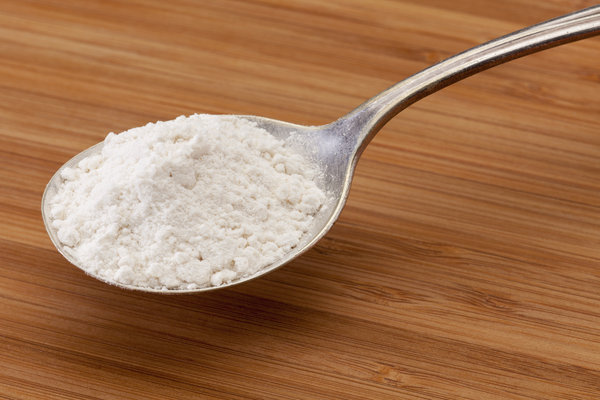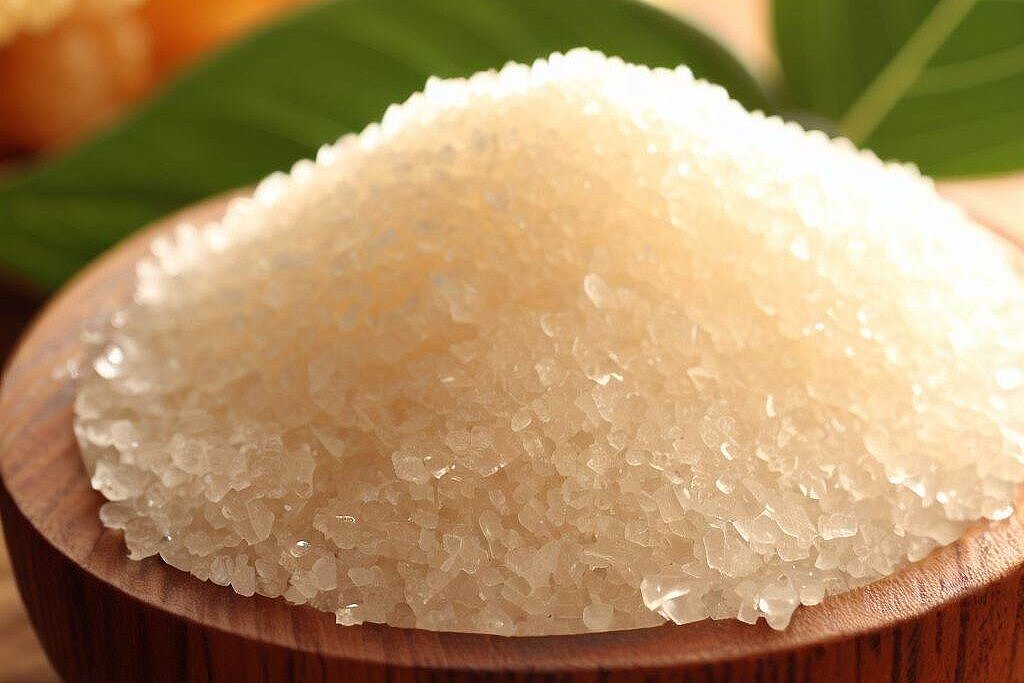Chitin

Chitin, a natural substance found mainly in the exoskeletons of insects, crustaceans and other arthropods, has attracted attention in recent years as a dietary supplement for dogs. But what exactly is chitin, and can it actually contribute to our dogs' health? This article dives deep into the topic, looks at the benefits and potential drawbacks of chitin, and gives you all the information you need to make an informed decision for your dog's health.
What is chitin?
Chitin is a long-chain polysaccharide that forms an important structural component in the exoskeleton of crustaceans, insects and even in the cell walls of some fungi. It is the second most common biopolymer on earth after cellulose. In animal nutrition, chitin is often used in the form of chitosan, a derivative of chitin obtained through an alkaline deacetylation process. Chitosan is known for its ability to bind fats, making it an interesting ingredient in pet diets.
Benefits of chitin for dogs
Supporting digestive health
Chitin can aid digestion by acting as a dietary fiber that helps regulate the intestines. It supports the growth of beneficial gut bacteria and can help prevent constipation.
Natural detoxification
With its unique ability to bind toxins, heavy metals and other harmful substances in the digestive tract, chitin can help detoxify the body naturally.
Weight management
Chitosan, which is derived from chitin, has the ability to bind fats in the digestive tract, which reduces fat absorption and can therefore help with weight management. This is particularly beneficial for dogs that are prone to obesity.
Promoting bone health
Chitin is also a source of glucosamine, a substance that is essential for joint health and the promotion of healthy cartilage growth. This can be particularly beneficial for older dogs or breeds that are prone to joint problems.
Disadvantages and risks
Allergy risk
For dogs that are allergic to seafood, chitin could be a potential allergen as it is mainly derived from the shells of crustaceans.
Digestive problems
Although chitin can aid digestion, it could cause digestive discomfort such as bloating or diarrhea in some dogs, especially at high doses.
Interactions with medications
There is a possibility that chitosan may interfere with the absorption of fat-soluble vitamins and other nutrients, which may lead to drug interactions in dogs taking certain medications.
Chitin offers a range of potential health benefits for dogs, from aiding digestion to weight management. However, as with any supplement, caution is required to ensure it is suitable for your dog. A consultation with a veterinarian is always recommended to determine the best dosage and minimize any potential risks. Overall, when used correctly, chitin can be a valuable supplement to promote your dog's health and well-being.
If you notice any signs of hypersensitivity or poisoning in your dog, you should see your vet immediately. We are not a substitute for a vet, but we try to be as accurate as possible. Every dog reacts differently and we recommend you get a second opinion or consult your vet if in doubt.
Stay healthy and take good care of your four-legged friend!😊
Similar to Chitin
Cellulose is a carbohydrate that consists of many glucose molecules. It forms the cell walls of plants and gives them stability and strength. Cellulose is found both in food (e.g. in vegetables or...
Pectin is a plant polysaccharide found in the cell walls of fruit and vegetables. It is a natural gelling agent that is released when fruit is cooked or frozen. Pectin is often used as an additive...
Xylanases are enzymes that break down xylans - a type of polysaccharide found in the cell wall of many plants. They are part of a larger family of enzymes that are responsible for breaking down...
Glucans are polysaccharides, i.e. long chains of glucose units. They can be branched and linked in different ways, depending on their source. The most common glucans are beta-glucans and...



